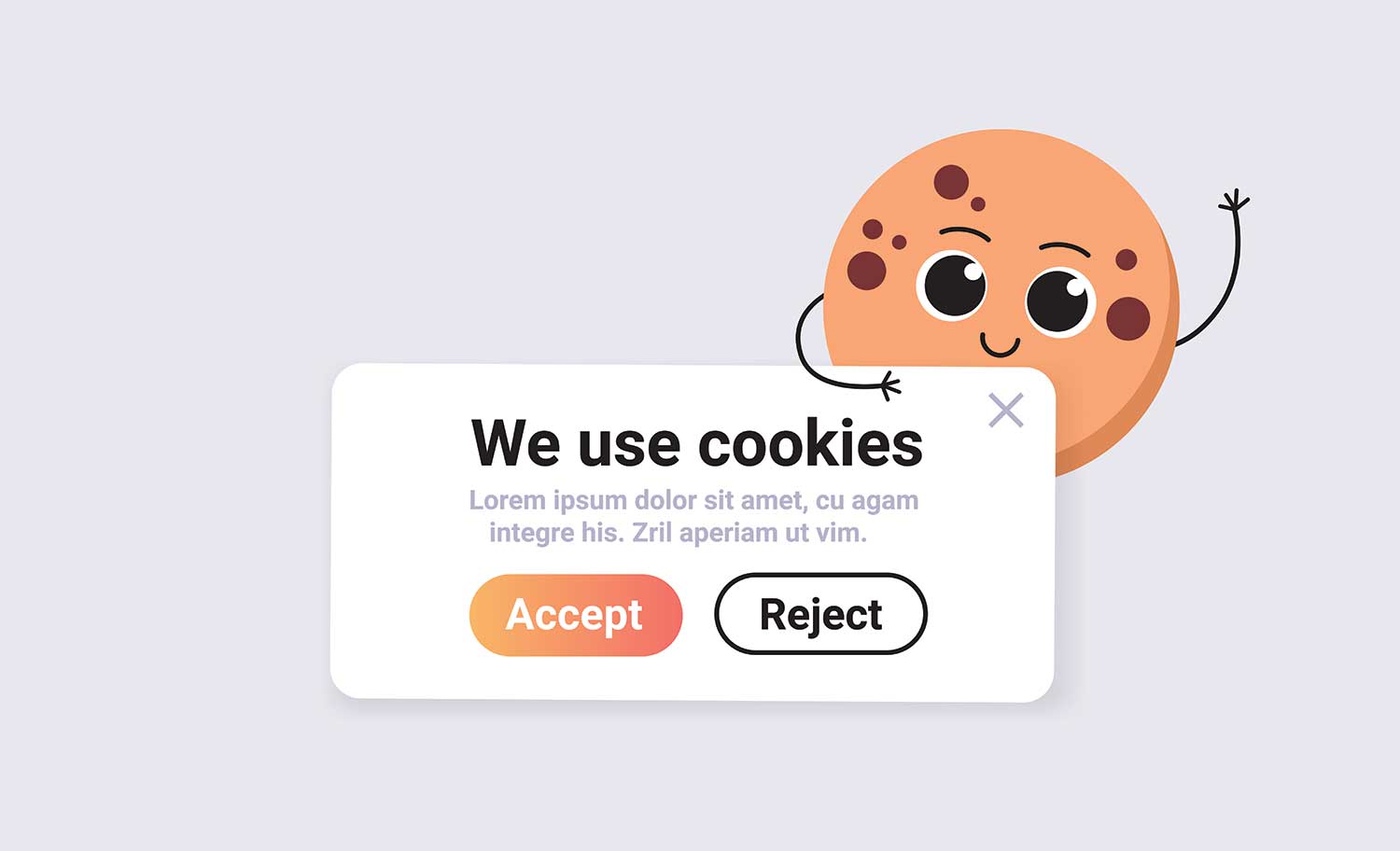Introduction:
In today's digital age, cookies are ubiquitous elements of web browsing. They play a vital role in enhancing user experience, personalising content, and providing valuable insights to website owners. However, with increased awareness of privacy concerns and regulatory requirements, the need for transparency regarding the use of cookies has become paramount. In this comprehensive guide, we will explore the importance of having a cookie policy on your website, its legal implications, and practical tips for creating an effective cookie policy.

Understanding Cookies
Before delving into the necessity of a cookie policy, let's clarify what cookies are and how they function.
What are Cookies?
Cookies are small text files stored on a user's device (such as a computer, smartphone, or tablet) when they visit a website. These files contain information about the user's browsing behaviour, preferences, and interactions with the site. Cookies serve various purposes, including:
- Session Management: Maintaining user sessions and remembering login credentials.
- Personalisation: Customising content and advertising based on user preferences.
- Analytics: Tracking user behaviour and gathering data for website optimisation.
- Tracking: Monitoring user activity across websites for marketing and advertising purposes.
Types of Cookies
There are several types of cookies, each serving different functions:
- Session Cookies: Temporary cookies that expire when the user closes their browser.
- Persistent Cookies: Long-term cookies that remain on the user's device for a specified period or until manually deleted.
- First-party Cookies: Set by the website being visited and used primarily for site functionality and performance.
- Third-party Cookies: Set by third-party services (such as advertisers or analytics providers) embedded on the website.

The Importance of a Cookie Policy
Now that we understand what cookies are, let's explore why having a cookie policy on your website is essential.
Legal Compliance
Many countries have implemented regulations governing the use of cookies to protect user privacy and ensure transparency. For example:
- EU Cookie Law (ePrivacy Directive): In the European Union, websites must obtain user consent before setting non-essential cookies and provide clear information about their use.
- General Data Protection Regulation (GDPR): GDPR requires websites to inform users about the use of cookies, obtain explicit consent for non-essential cookies, and provide mechanisms for users to manage their cookie preferences.
- California Consumer Privacy Act (CCPA): CCPA mandates that businesses disclose their cookie practices to California residents and provide opt-out mechanisms for the sale of personal information collected through cookies.
By having a cookie policy that complies with relevant regulations, you demonstrate your commitment to respecting user privacy and complying with legal requirements.
Transparency and Trust
A cookie policy enhances transparency by informing users about the types of cookies used, their purposes, and how they can manage their preferences. Transparent cookie practices build trust with users by demonstrating accountability and respect for their privacy rights. When users understand how their data is collected and used, they are more likely to trust your website and engage with your content.
Risk Mitigation
Having a clear cookie policy helps mitigate legal risks associated with non-compliance. In the event of a regulatory investigation or user complaint, a comprehensive cookie policy demonstrates your proactive efforts to comply with privacy laws and protect user rights. By implementing transparent cookie practices and providing users with control over their data, you reduce the risk of facing fines, penalties, or repetitional damage.
User Control and Consent
A cookie policy empowers users to make informed decisions about their privacy preferences. By clearly explaining how cookies are used and providing options for managing cookie settings, you give users control over their online privacy. Offering mechanisms for cookie consent and opt-out ensures that users can exercise their rights and choose whether to accept or reject certain cookies based on their preferences.

Key Components of a Cookie Policy
A comprehensive cookie policy should contain the following key components:
- Introduction: Provide a brief overview of what cookies are, why they are used, and the purpose of the cookie policy.
- Types of Cookies: Explain the different types of cookies used on your website, including session cookies, persistent cookies, first-party cookies, and third-party cookies.
- Purposes of Cookies: Describe the purposes for which cookies are used, such as authentication, personalisation, analytics, and advertising.
- Cookie Categories: Categorise cookies based on their function and necessity (e.g., essential cookies, functional cookies, performance cookies, advertising cookies) and explain the implications of each category.
- Cookie Consent: Explain how users can provide consent for the use of cookies, including opt-in and opt-out mechanisms, cookie banners, and preference management tools.
- Cookie Management: Provide instructions for users to manage their cookie preferences, including how to delete cookies, disable specific types of cookies, or adjust browser settings.
- Third-party Cookies: Disclose the use of third-party cookies and provide information about the third-party services that may collect data through cookies on your website.
- Data Protection and Privacy: Address data protection and privacy concerns related to cookies, including data collection practices, data retention periods, and data sharing with third parties.
- Updates to the Policy: State your commitment to updating the cookie policy as needed to reflect changes in cookie practices, legal requirements, or technological advancements.

Practical Tips for Creating a Cookie Policy
When creating a cookie policy for your website, consider the following practical tips:
- Customise the Policy: Tailor the cookie policy to reflect your website's specific cookie practices, including the types of cookies used, their purposes, and any third-party services involved.
- Use Clear and Simple Language: Write the cookie policy in clear, concise language that is easy for users to understand, avoiding technical jargon or legal terminology.
- Make it Accessible Ensure that the cookie policy is easily accessible to users, typically through a prominent link in the website footer or navigation menu.
- Provide Examples: Include examples or scenarios to illustrate how cookies are used on your website and the implications for user privacy.
- Link to Additional Resources: Link to relevant resources, such as cookie consent tools, privacy policies, and external websites for more information about cookies and privacy.
- Obtain Legal Advice: Seek legal advice or consult with a privacy professional to ensure that your cookie policy complies with applicable laws and regulations.
- Keep it Up to Date: Regularly review and update the cookie policy to reflect changes in cookie practices, legal requirements, or industry standards.
Conclusion
In conclusion, having a cookie policy on your website is not only a legal requirement but also a fundamental aspect of respecting user privacy, building trust, and mitigating legal risks. A comprehensive cookie policy informs users about the types of cookies used, their purposes, and how they can manage their preferences. By implementing transparent cookie practices and providing users with control over their data, you demonstrate your commitment to privacy and compliance with applicable laws and regulations. Take the time to create a clear and accessible cookie policy that reflects your website's cookie practices and empowers users to make informed decisions about their online privacy. With a well-crafted cookie policy in place, you can enhance user trust, comply with legal requirements, and ensure the success of your website in today's privacy-conscious digital landscape.






